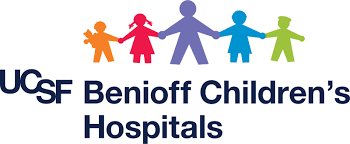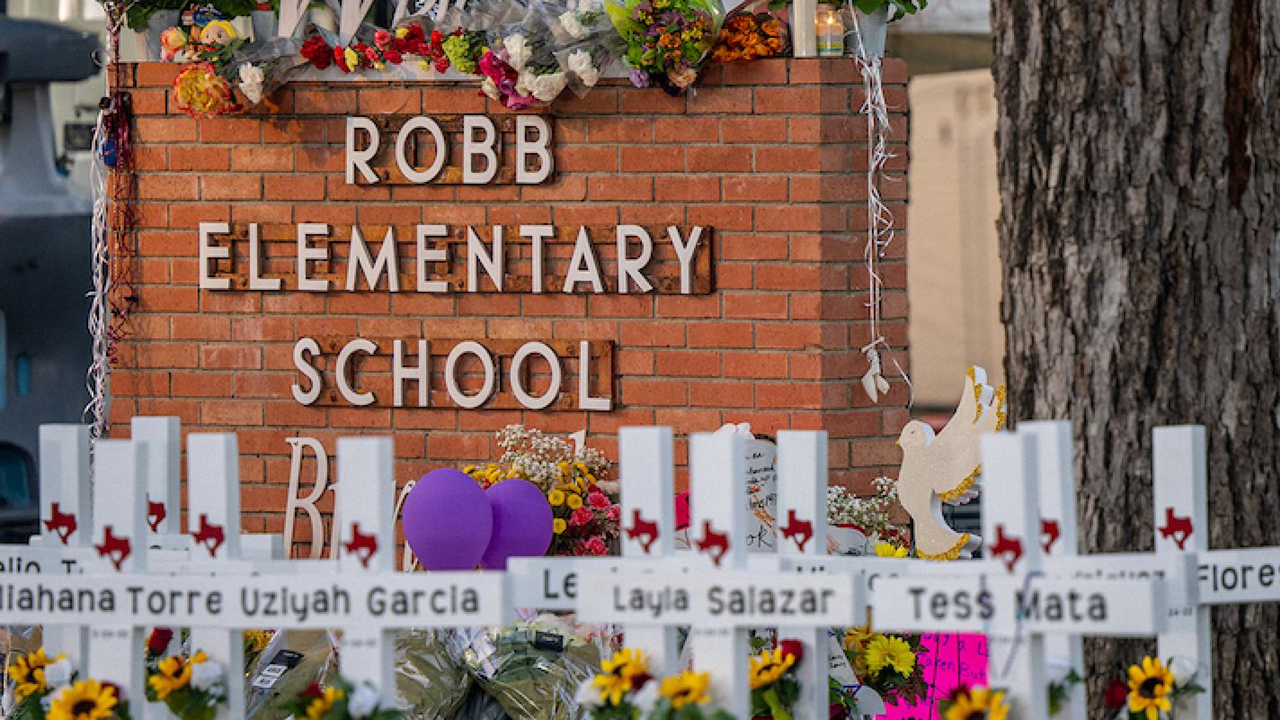The BCH community came together to reflect on a country where Black lives mean so little that violent killing after violent killing has become a norm and where African Americans are disproportionately affected by the COVID-19 pandemic. For African Americans this moment is only a convergence of all of the racial violence, police brutality, health disparities, wealth gap and lack of access to education that has been the very fabric of the U.S. for 400 years.
Dealing with these public health issues requires faculty, staff and trainees here at BCH to go within and see that we have to do better on an individual level at the same time as we are trying to address health care disparities on an institutional level. The BCH Leadership is working with the DEI/AR Council to create a roadmap to bring our institution to the place where everyone has equal opportunity to advance, where the faces of our employees at every level reflect the diversity of the communities that we serve and where every employee has the tools and feels the safety to deal with micro aggressions as they come up.
The BCH community must come together to make this moment different, to make this a moment when we take decisive action to end injustices.
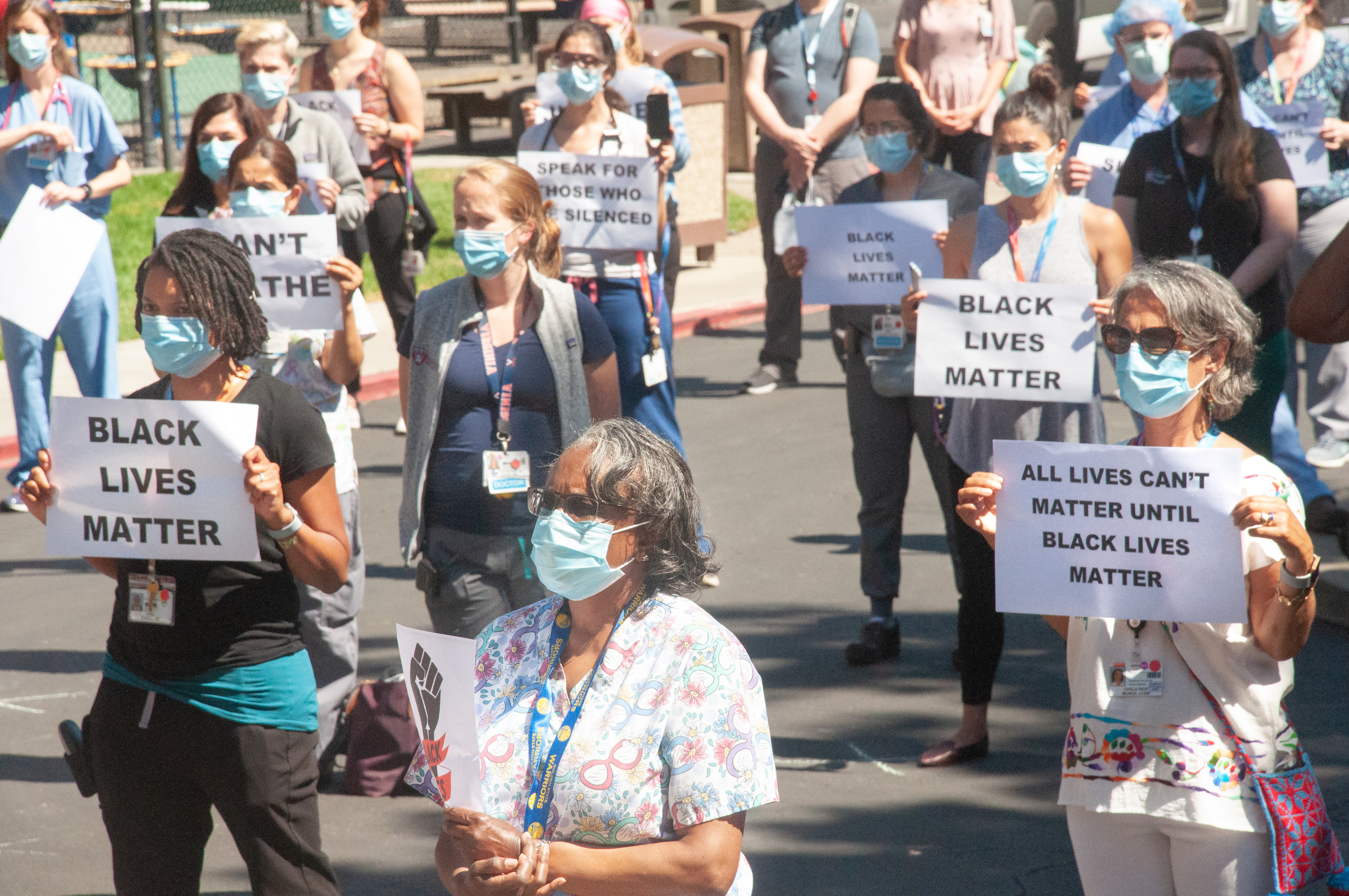
UCSF's Anti-Racism Initiative - A Message from Chancellor Sam Hawgood
Thursday, July 30, 2020
A message from Dr. Mark Laret, President and CEO of UCSF Health
Friday, June 5, 2020
A message from Vice Chancellor Navarro for the UCSF Community
Delivered at UCSF Town Hall. Friday, May 29, 2020
UC Statement on Protests, Violence Following George Floyd's Death
UC Office of the President. Sunday, May 31, 2020
Events
BCH Solidarity & Healing 2023
Wednesday, March 1 | 12:30 pm – 1 pm
The UCSF BCH DEI/AR Council and Spiritual Care Services-West Bay held a space of solidarity and care, to honor all that we may be feeling on recent beating death of Tyre Nichols and the mass shootings within the Asian American and Pacific Islander communities. This time in solidarity with BIPOC communities will also include a space of healing meditation.
The 30-minute Zoom webinar included staff testimonials, a reflections and healing from Spiritual Care Services, and sharing of some opportunities for collective actions that our BCH community can take toward positive change.
Co-sponsored by the BCH DEI/AR Council, BCH Black Caucus, BCH Chicanx Latinx Campus Association, and the UCSF Spiritual Services
BCH Solidarity & Healing 2022
Thursday, June 2 | 12 pm – 12:30 pm
As we continue to process and grieve the loss of life that resulted from the recent horrific events in Uvalde, TX, and Buffalo, NY, we wanted to set aside some much-needed time to come together collectively to gain comfort from one another and acknowledge the pain that we all are experiencing.
The 30-minute Zoom webinar included opening remarks from BCH leadership, testimonials from the BCH Black Caucus and the BCH Chicanx Latinx Campus Association, a reflection from Spiritual Care Services, and sharing of some opportunities for collective actions that our BCH community can take toward positive change.
Co-sponsored by the BCH DEI/AR Council, BCH Black Caucus, BCH Chicanx Latinx Campus Association, and the UCSF Spiritual Services
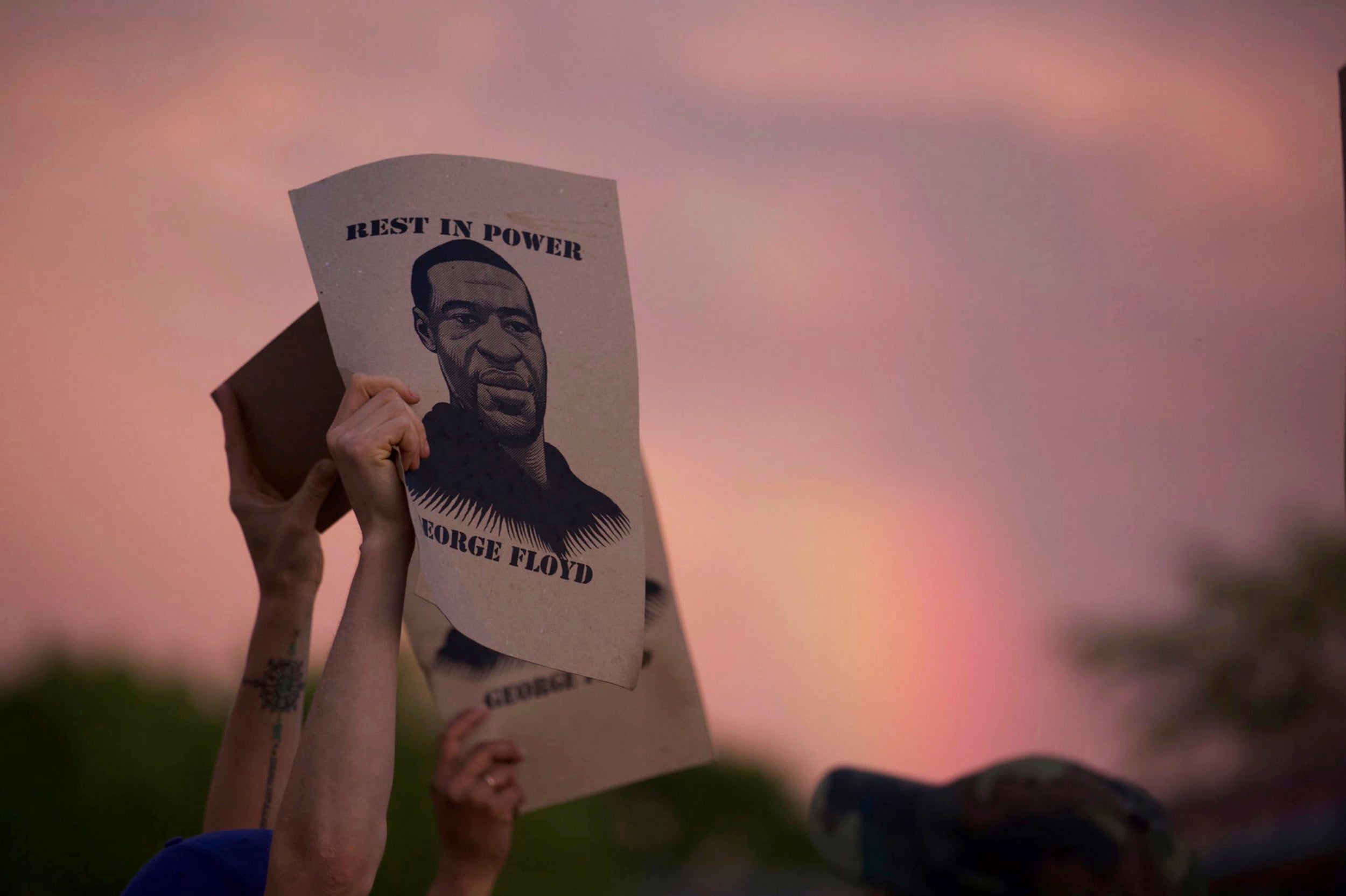
UCSF Solidarity and Healing 2021
May 25, 2021, 12:30 pm - 1:00 pm
You also are invited by the UCSF Benioff Children’s Hospitals (BCH) DEI Council and Spiritual Care Services-SF to join an online space of solidarity and care, to honor all that we may be feeling on the one-year anniversary of George Floyd’s murder, as well as to uplift and honor positive signs of change for racial justice.
Presenters:
- Corey Jackson | Vice Chancellor for Human Resources
- Susan Conrad | Chaplain/Director of Spiritual Care (SF)
- Isoke Femi | Maven of Transformational Learning at GLIDE
- Stephanie Brown | Co-Chair of UCSF BCH Black Caucus
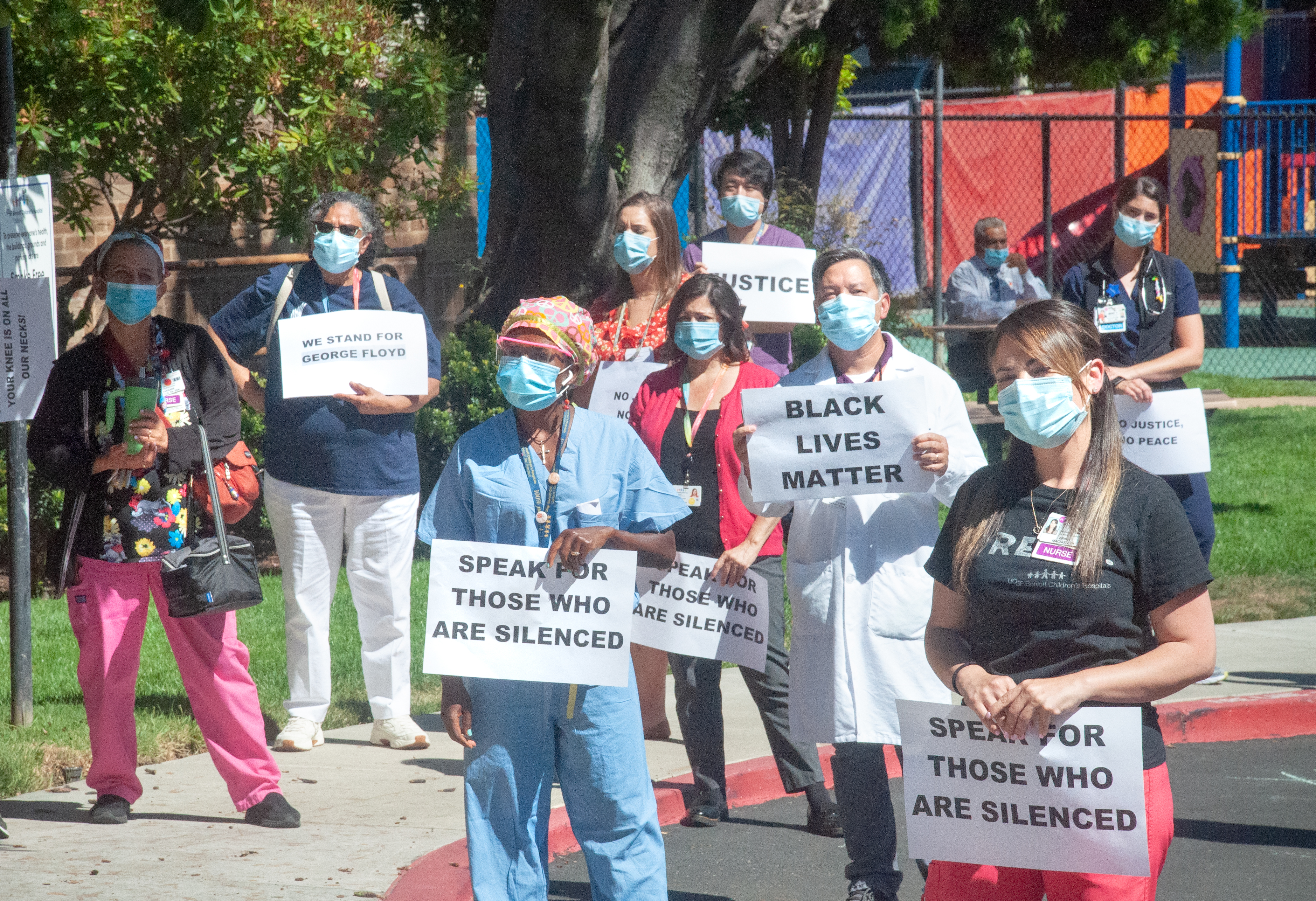
Colliding Pandemics: Loss, Grief & Race during COVID-19 Part 3
Wednesday, June 17, 2020
On Wednesday, June 18, we hosted our 3rd BCH Cross-Bay Town Hall, “Colliding Pandemics: Loss, Grief & Race During COVID-19, Part 3.” Thank you to our panelists – Alvin Hendrix Sr., Dr. Michael Bell and Ejiofor Nnaemeka – and our speakers and moderators – Dr. Marsha Treadwell, Saun-Toy Latifa Trotter, Jamie Phillips, Dr. Steve Wilson, George Weiss and Kim Murphy. BCH Leadership is committed to listening, learning, and taking the hard steps to shift our culture, with accountability. We greatly appreciate your participation and perseverance as we work together to bring change.
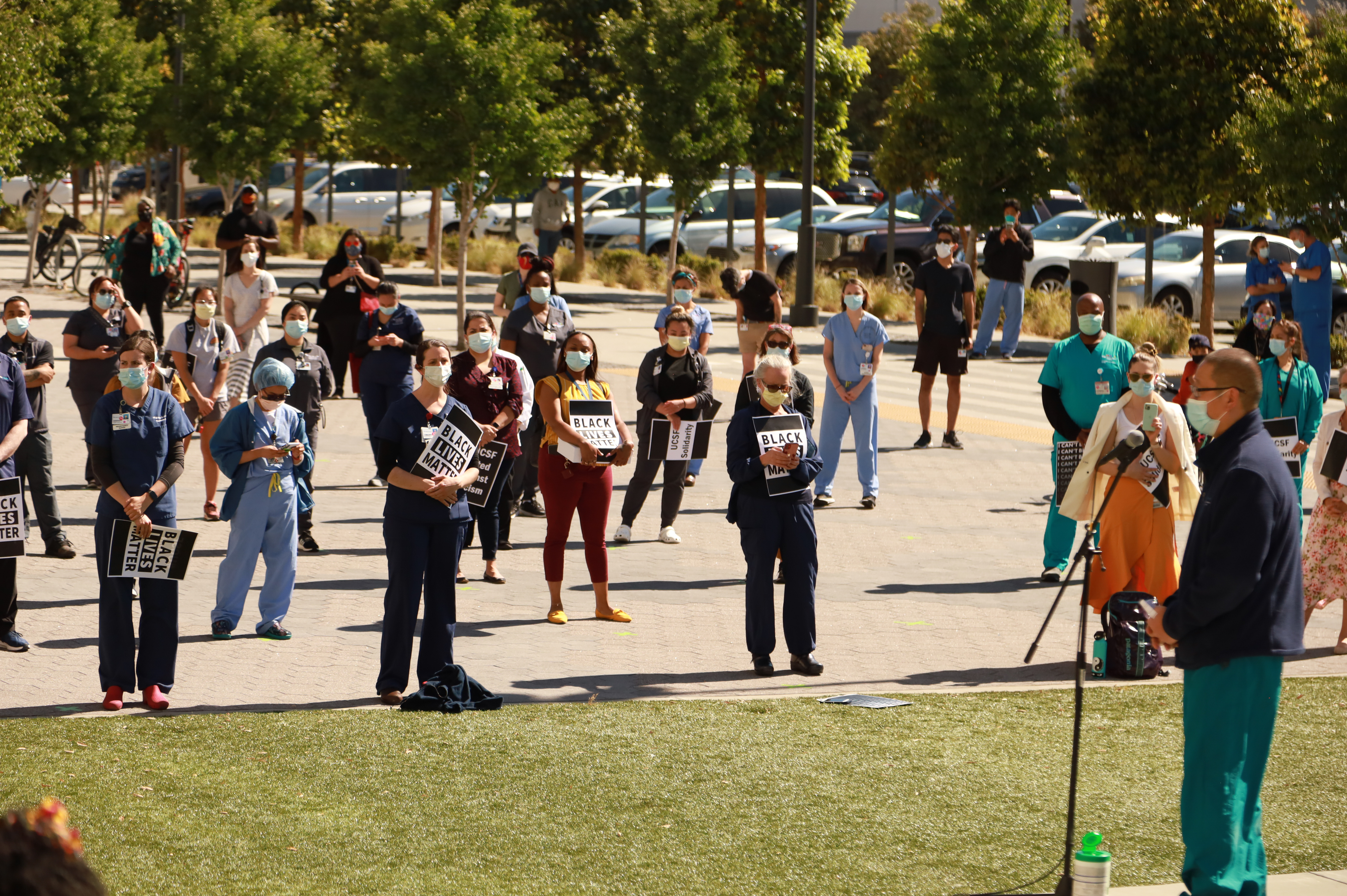
Colliding Pandemics: Loss, Grief & Race during COVID-19 Part 2
Tuesday, June 9, 2020
On Tuesday, June 9, we hosted our BCH Cross-Bay Town Hall, ”Colliding Pandemics: Loss, Grief & Race During COVID-19, Part 2” to further our critical and difficult discussions around systematic and structural racism, health inequity and the COVID-19 pandemic. This Cross-Bay Town Hall was intended to foster dialogue, awareness, and understanding, coupled with a commitment to work together towards solutions, in our renewed intention for close cross-bay collaboration.
DEI Needs Assessment Key Findings Overview presented by Marsha Treadwell
Our panel for discussion includes:
- Lee Atkinson-McEvoy, MD, Chief Division of General Pediatrics and Vice Chair for Primary Care and Population Health
- Kendell Hardy, Strategic HR Business Partner
- Marsha Treadwell, PhD, Professor of Psychiatry and Pediatrics and Co-Chair, Diversity, Equity and Inclusion (DEI)
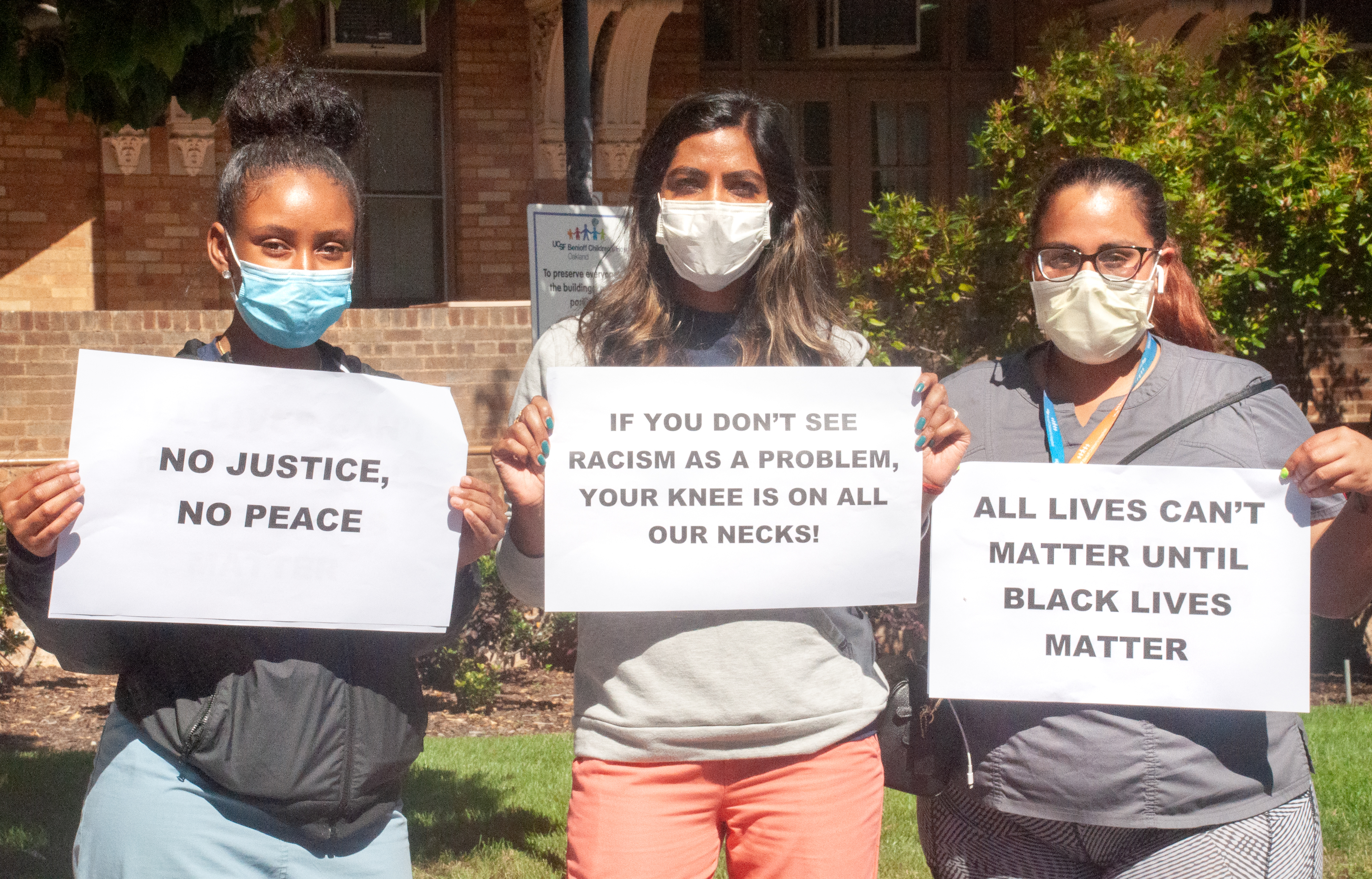
BCH Moment of Solidarity
June 3, 2020
At 3:30 pm on June 3, 2020, both BCH Oakland and Mission Bay campuses took a moment to reflect and express solidarity on the current events involving the deaths of George Floyd, Ahmaud Arbery, Breonna Taylor and countless other African Americans.
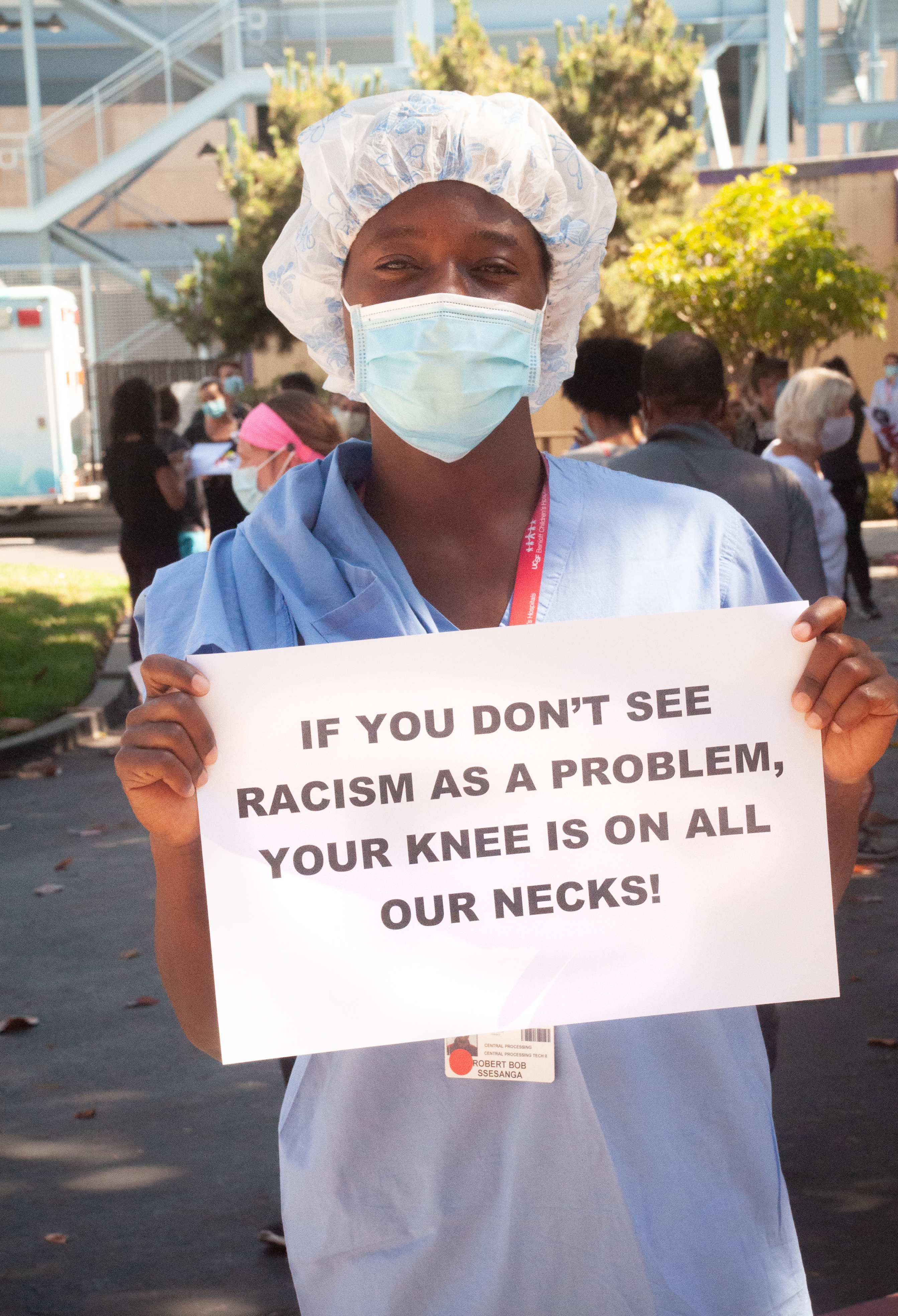
Colliding Pandemics: Loss, Grief & Race During COVID-19
Tuesday, June 2, 2020
This town hall session, Colliding Pandemics: Loss, Grief & Race During COVID-19, is intended to foster dialogue, awareness, and understanding, coupled with a commitment to work together towards solution, in our renewed intention for close cross-bay collaboration.
Our panel for discussion includes:
Marsha Treadwell, PhD, Professor of Psychiatry and Pediatrics and Co-Chair, Diversity, Equity and Inclusion (DEI)
Saun-Toy Trotter, MFT, Program Manager: School Based Behavioral Health and Chair Trauma Informed Care Committee
Dr. Dayna Long, BCH Oakland Medical Staff member and Co-Director, Center for Child and Community Health
Resources
Unconscious Bias Education and Training
UCSF Office of Diversity and Outreach offers resources, definitions and trainings on Unconcious Bias.
Race Matters: How to Talk Effectively About Race
by Dorlee. Social Work Career
A Practioner's Guide for Advancing Health Equity - Community Strategies for Preventing Chronic Disease
Centers for Disease Control and Prevention
Anti-racism resources for white people
This document is intended to serve as a resource to white people and parents to deepen our anti-racism work. If you haven't engaged anti-racism in the past, start now.
"We are Living in a Racist Pandemic" says APA President
May 29, 2020. American Psychological Association
Your Black Colleagues May Look Like They're Okay - Chances Are They're Not
Danielle Cadet. May 28, 2020
Affirming Black Lives Without Inducing Trauma
Teaching Tolerance. May 8, 2020
Confronting Racism in Communities
Guidelines and Resources for Anti-Racism Training Workshops
Racial Equity Tools
Racial Equity Tools is designed to support individuals and groups working to acheive racial equity. This site offers tools, research, tips, curricula and ideas for people who want to increase their own understanding and to help those working toward justice at every level - in systems, organizations, communities and culture at large.
Asian American Racial Justice Toolkit
This toolkit is a project of love from the grassroots, from and by Asian American communities. As Asian Americans, we believe that our liberation is tied to Black liberation and we continue to dream about a world where all of our people will be free. The toolkit would not have been possible without the following organizations and individuals:
Syllabus: 21- Day Racial Equity Habit-Building Challenge
The Challenge invites participants to complete a syllabus of 21 short assignments (typically taking 15-30 minutes), over 21 consecutive days, that include readings, videos or podcasts. It has been intentionally crafted to focus on the Black American experience. The assignments seek to expose participants to perspectives on elements of Black history, identity and culture, and to the Black community’s experience of racism in America. Even this focus on Black Americans cannot possibly highlight all of the diversity of experiences and opinions within the Black community itself, much less substitute for learnings about any other community of color. This syllabus is but an introduction to what we hope will be a rewarding journey that extends far beyond the limits of this project.
ARTICLES
Policy Statement: The Impact of Racism on Child and Adolescent Health
Maria Trent, MD, MPH, FAAP, FSAHM,a Danielle G. Dooley, MD, MPhil, FAAP,b Jacqueline Dougé, MD, MPH, FAAP,c Section on Adolescent Health, Council on Community Pediatrics, Committee on Adolscence. American Academy of Pediatrics. Volume 144, number 2, Augsut 2019
The Greatest White Privilege Is Life Itself
By Ibram X. Kendi. The Atlantic. October 24, 2019
Miles to Go before We Sleep: Racial Inequities in Health
by David R. Williams. Journal of Health and Social Behavior 53(3) 279-295
The Many Ways Institutional Racism Kills Black People
by Khiara M. Bridges. Time. June 11, 2020
Minneapolis Police use Force Against Black People at 7 Times the Rate of Whites
By Richard A Oppel Jr. and Lazaro Gamio. The New York Times. June 3, 2020
Black Americans 2.5X More Likely Than Whites to be Killed by Police
by Willem Roper. Statista. June 2, 2020
Risk of being killed by police use of force in the United States by age, race-ethnicity and sex
by Frank Edwards, Hedwig Lee, and Michael Esposito. August 5, 2019
- about 1 in every 1,000 black men can expect to be killed by police
American police shoot, kill and imprison more people than other developed countries. Here's the data
By Rob Picheta and Henrik Pettersson, CNN. June 8, 2020
- Police are 4X more likely to use force on black people than white people
- Black Americans make up a third of the US prison population, despite only making up around an eighth of the country's total population.
These 4 charts describe police violence in America
by Tucker Higgins and John W. Schoen. CNBC. June 4, 2020.
Asian Americans, Here's How We Can Be Better Allies to the Black Community
by Yerin Kim. Popsugar. June 10, 2020
BOOKS
White Fragility: Why It's So Hard for White People to Talk About Racism by Robin DiAngelo. June 26, 2018
White Rage: The Unspoken Truth of Our Racial Divide by Carol Anderson. September 5, 2017
The New Jim Crow: Mass Incarceration in the Age of Colorblindness by Michelle Alexander. January 16, 2012
Books to Read for a Better Understanding of Systemic Racism, Whiteness and the Black Experience
by Morgan Smith and Sam Gillette. People. June 11, 2020
This List of Books, Films and Podcasts About Racism is a Start, Not a Panacea
by Isabella Rosario. NPR. June 6, 2020
An Anti-Racist Graphic Novel Reading List
by Publishers Weekly Staff. Publishers Weekly. June 11, 2020
